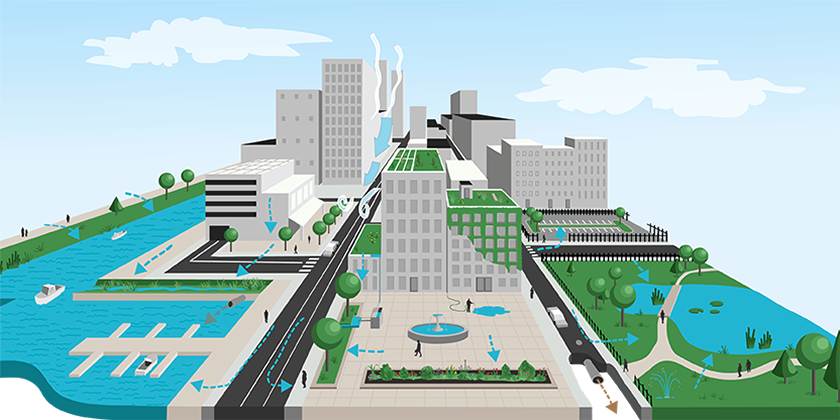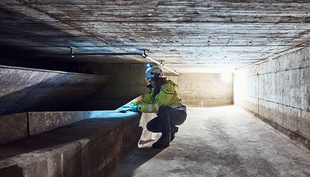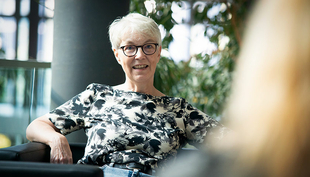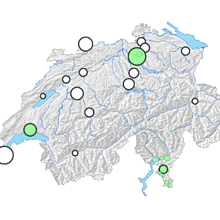Department Urban Water Management

Urban Water Management
We aim to optimize the development and management of the urban water system using process-focused measurement techniques, targeted experiments, and innovative modeling methods. Using a systems approach, we bring together a range of aspects that are intertwined with the urban drainage network. Read more
Urban Water Observatory

The Urban Water Observatory (UWO) is a long-term initiative of ETH and Eawag to establish a sensor network in Fehraltorf, allowing spatially-distributed monitoring of urban water cycle processes. Read more
Eawag-Empa Blue-Green Campus Lab

The Eawag-Empa Blue-Green Campus lab is a research initiative to investigate climate adaptation solutions and foster collaboration between Eawag and Empa. Read more
News
Publications
Cook, L. M.; Good, K. D.; Moretti, M.; Kremer, P.; Wadzuk, B.; Traver, R.; Smith, V. (2024) Towards the intentional multifunctionality of urban green infrastructure: a paradox of choice?, npj Urban Sustainability, 4(1), 12 (13 pp.), doi:10.1038/s42949-024-00145-0, Institutional Repository
Duque, N.; Scholten, L.; Maurer, M. (2024) When does infrastructure hybridisation outperform centralised infrastructure paradigms? – Exploring economic and hydraulic impacts of decentralised urban wastewater system expansion, Water Research, 254, 121327 (13 pp.), doi:10.1016/j.watres.2024.121327, Institutional Repository
Lechevallier, P.; Villez, K.; Felsheim, C.; Rieckermann, J. (2024) Towards non-contact pollution monitoring in sewers with hyperspectral imaging, Environmental Science: Water Research and Technology, doi:10.1039/D3EW00541K, Institutional Repository
Rodriguez, M.; Cavadini, G. B.; Cook, L. M. (2024) Do baseline assumptions alter the efficacy of green stormwater infrastructure to reduce combined sewer overflows?, Water Research, 253, 121284 (12 pp.), doi:10.1016/j.watres.2024.121284, Institutional Repository












